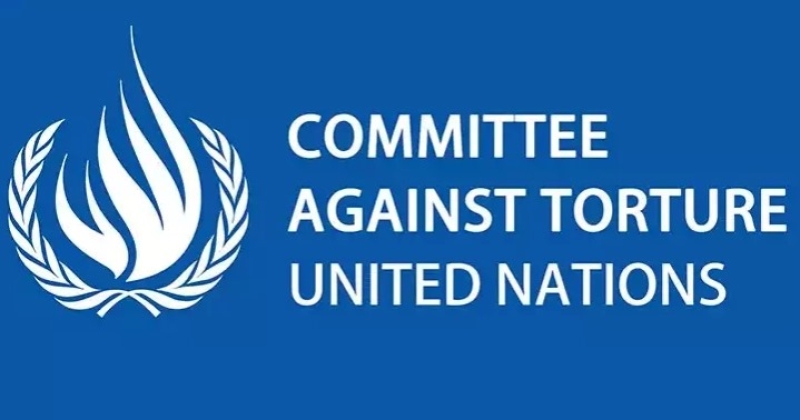- COP 30 ends with delicate Belem Political Package amid drama |
- Khaleda urges all to pray for her amid health concerns |
- Bangladesh embrace agroecology to combat chemical overuse: Experts |
- China warns Japan after ‘red line’ crossed on Taiwan |
- Capital market rebounds on week’s first trading day |
Bangladesh Ratifies OPCAT, UN Body Welcomes Move

The UN Subcommittee on Prevention of Torture (SPT) has welcomed Bangladesh's recent ratification of the Optional Protocol to the Convention against Torture (OPCAT), highlighting its importance as the UN prepares an expanded programme of country visits for 2026.
Bangladesh, along with Colombia, joined the group of States Parties this year, bringing the total to 96. Both countries are now required to establish independent National Preventive Mechanisms (NPMs) within a year to strengthen domestic anti-torture safeguards.
The SPT’s 2026 visit schedule will include six missions, covering postponed visits to Burundi, France, and Mexico, as well as newly confirmed assessments in Paraguay, Rwanda, and Sri Lanka. The programme will start with Mexico in January.
Due to financial constraints, the SPT completed only four country visits in 2025—Mozambique, New Zealand, Peru, and Serbia—representing half of its planned missions.
"While our resources remain strained, we are committed to fulfilling our visiting mandate, even if at a reduced pace," said María Luisa Romero, Chair of the Subcommittee. "Direct engagement with States and independent national monitoring bodies is essential to advancing the global prevention of torture."
The SPT will support Bangladesh and Colombia in establishing their NPMs, describing these national watchdogs as central to OPCAT's effectiveness, especially during periods when international visits are limited.
"A defining feature of OPCAT is the work carried out at national level by NPMs," Romero added. "Their regular monitoring of all places of detention is vital to preventing torture and ill-treatment."
During its latest session in Geneva, the Subcommittee reviewed concluding visits of the year and adopted reports on Peru and Greece, which will be sent to the respective governments for publication. The SPT also held its annual joint meeting with the Committee against Torture to discuss shared priorities.
The Subcommittee plans upcoming webinars with NPMs on drug-policy issues and aims to advance work on social reintegration, drawing on a recent OHCHR study. Under OPCAT, the SPT conducts unannounced visits to police stations, prisons, psychiatric institutions, immigration detention centres, and other custodial facilities, collaborating with NPMs, human rights institutions, and civil society to strengthen torture-prevention frameworks.

